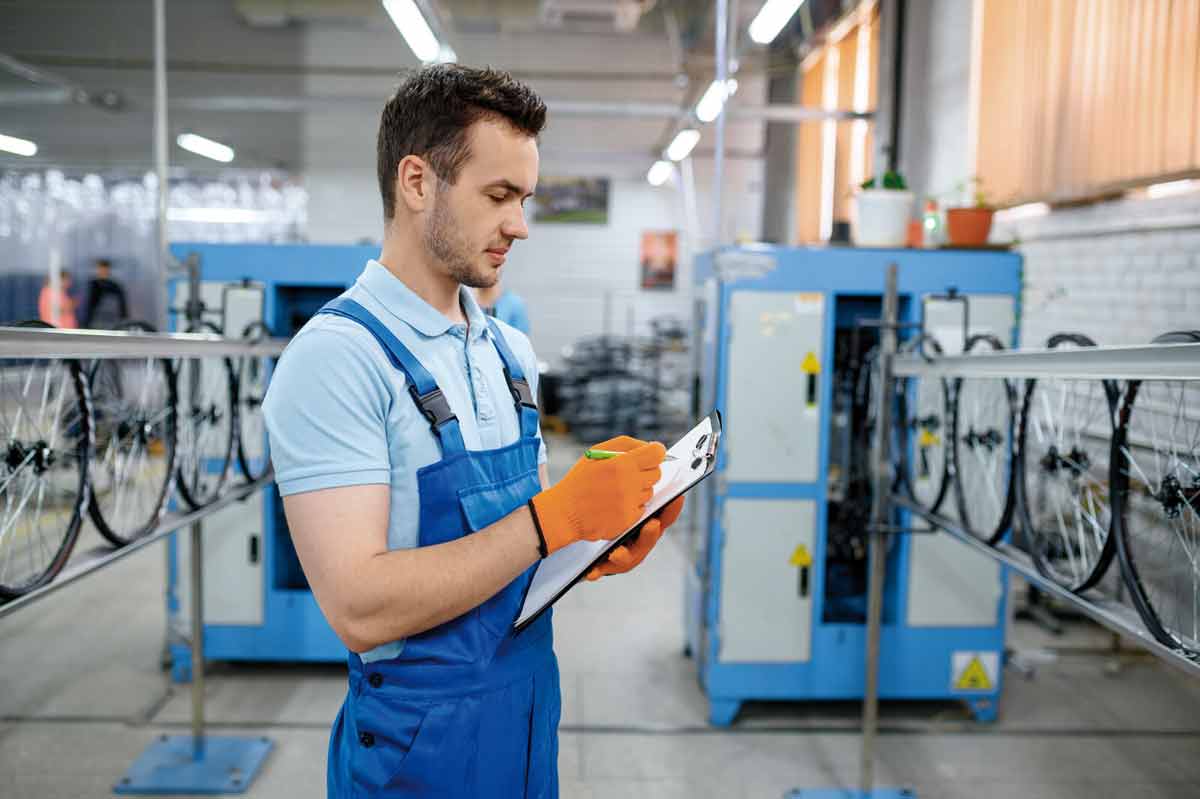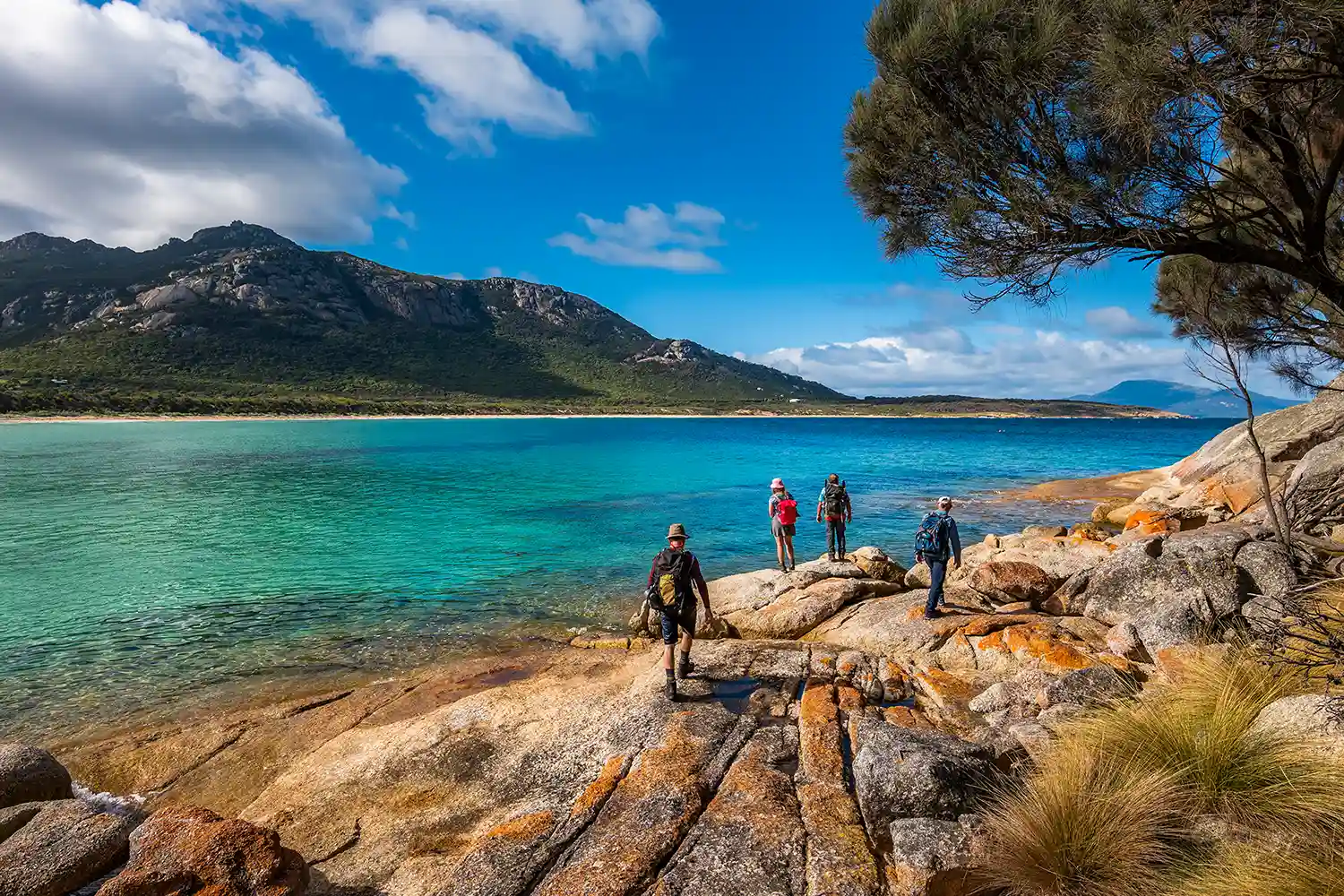The situation is a kind of super gau for many dealers, importers and manufacturers. Customers are flocking into the stores en masse and visit online stores by the thousands, but they cannot buy, or only what is still in stock. The Corona-related production shutdown in Asia anno 2020 has torn a big hole in the global inventory of millions of items. Customers are now often left with empty shelves and negotiating with retailers over delivery times that are expected to stretch into 2023. are expected to drag on.
The snow is falling en masse, the mood for sports vacations is rising by the hour, the pent-up demand for sports vacations is huge, after all, last season the ski resorts in Europe were packed, and the winter destinations are also well equipped for the onslaught of skiers, snowboarders and cross-country skiers. But those who still want to equip themselves for winter sports must swallow empty here or there, because again and again it says "not in stock" or "will be delivered only in a few months", then when the winter season is already over again. In the case of winter sports articles, even major brands are having problems delivering their products. The Austrian family-owned and traditional company Fischer Sports has been hit particularly hard, as in 2020 the company had to cope with the fire in their Ukrainian production facility in addition to the Corona pandemic, which set the company and its production back even further. But also other well-known brands can not deliver all items, no matter if it is a ski pole, a ski boot or a ski model. Thus, the winter business is currently struggling here and there.
Bike industry severely affected
The bicycle industry has been hit even harder. In 2020, bicycle manufacturers, importers and dealers were virtually floating in 7th heaven. In 2020, people were buying what they could. People jumped from mass transit to personal transportation and bought bikes and e-bikes like there was no tomorrow. In Switzerland alone, Velosuisse, the association of Swiss bicycle suppliers, recorded a sales increase of no less than 40% for 2020 compared to the previous year 2019. There has never been such a massive increase in sales! But after the fabulous sales feast anno 2020, there is a hangover in the industry since 2021, because the bike industry is clearly feeling what a production backlog in Asia means. Due to the lockdowns in Asia in 2020, many manufacturers of bicycle components are experiencing massive production gaps. Whether it's world market leader Shimano or its direct competitor Sram, they all have the problem that their components are lagging badly behind demand. At this point, the danger of a global supply chain becomes clear. If this is suddenly interrupted at a single point in the world, the entire global market comes to a standstill and even threatens to come to a complete standstill.
The sometimes massive distribution battles over the remaining goods and containers being shipped is an expression of the palpable desperation of global trade, which is threatening to grind to a halt. The fact that container prices are skyrocketing in the face of this massive excess demand is understandable, but makes the overall situation even more difficult for all concerned.
For subscribers only!
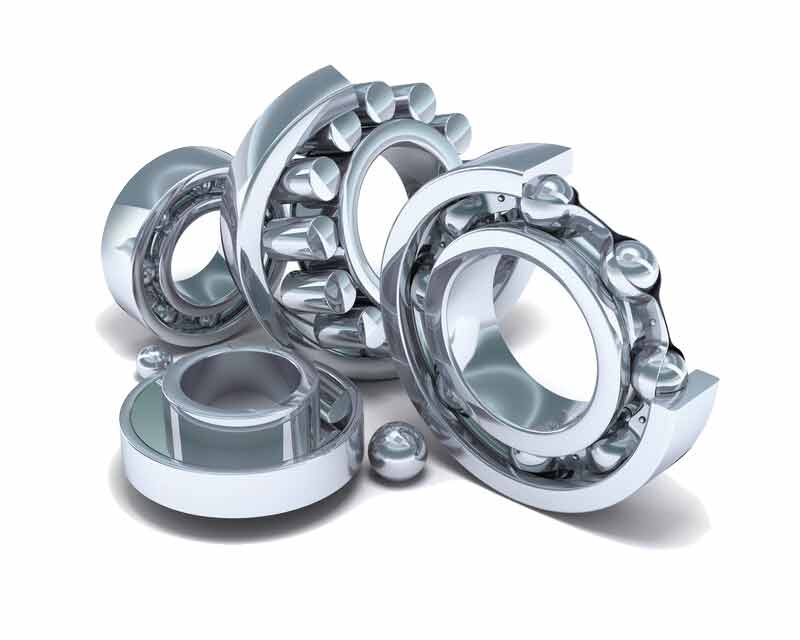
Failures in production and the consequences
We know from a single bicycle manufacturer in Europe alone, which we do not want to name in detail, that this company has a production backlog of no less than a quarter of a million bicycles and e-bikes because the manufacturer is missing various components to complete the bicycles.
Allegedly, the bikes ordered in 2021 won't be ready for delivery until the end of 2023. How do you expect to make up for this gigantic production backlog, especially when no one knows how the Corona pandemic will develop? There are currently millions of bikes in the pipeline worldwide that cannot be delivered in the short term. The financial loss and the associated burden are almost unbearable.
If one calculates only for the one described manufacturer, which cannot deliver a 1/4 million bikes and calculates for it simply CHF 1'000.00 in net proceeds, the company is missing CHF 250 million! Who finances this? And for how long? And now if you convert this to the industry, to up to 200 brands (of course not all with such dimensions), then you quickly see that billions are missing. That's why individual industry insiders are speculating that one or the other manufacturer could go bankrupt in 2022 and a certain industry shakeout should set in.
But national support in numerous financial crises over the last 20 years teaches one to look at it more positively. It is likely that numerous states and investors will again step in to catch a company in distress, provided that its potential is promising enough. I don't see a big wave of bankruptcies coming to the bike industry, although it could be very difficult for individual companies and the number of bankruptcies in Switzerland in 2020 has increased for the entire economy due to Corona.
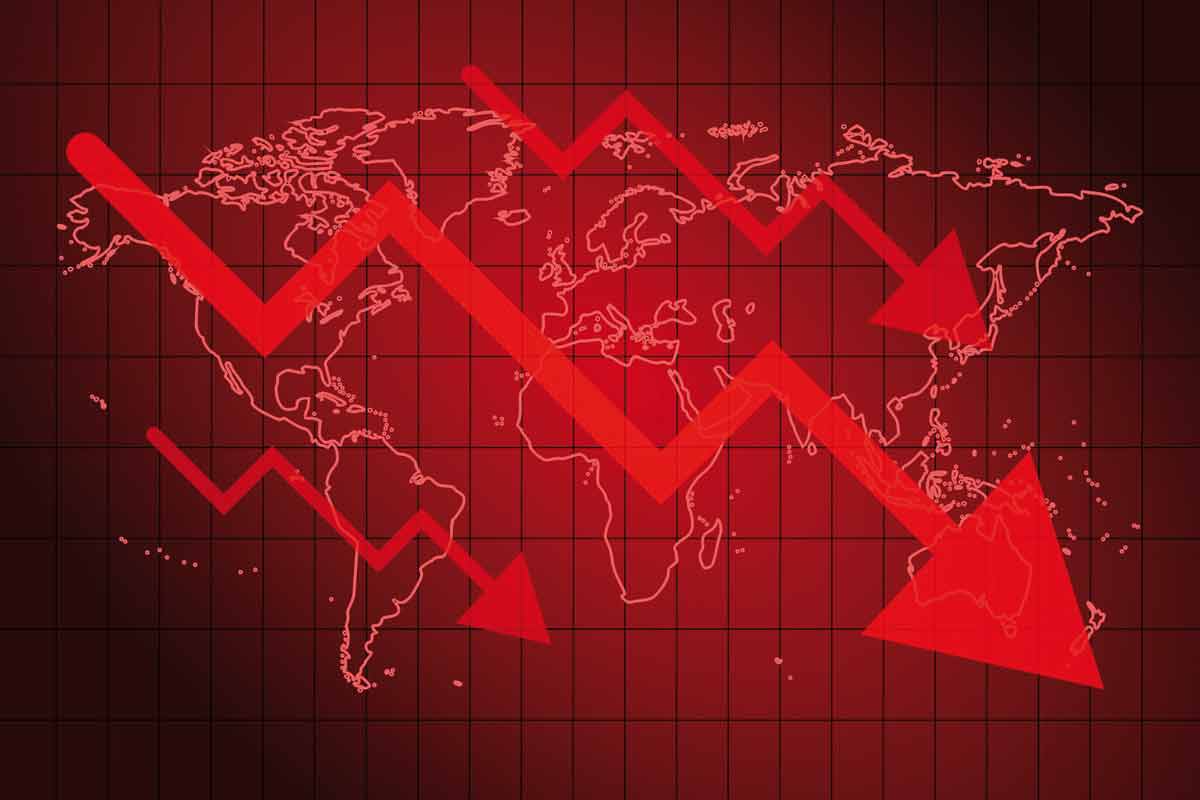
Is the global collapse coming?
The globalization of the market has set in motion a global manufacturing and trade mechanism that is now revealing its downsides. In particular, the dependence on Asia is now taking bitter revenge. If a major location in the global production chain comes to a standstill, as in Asia because of the Corona crisis, the entire global production comes to a halt. For manufacturers, this means that they are sitting on millions of unfinished products that they cannot sell. Who will finance this massive shortfall? For retailers, it means they can sell significantly less and suffer a massive loss of sales. Many are talking about a crisis being conjured up in 2022 that could break the neck of many a renomerized manufacturer, but especially smaller, less financially cushioned companies. That's a lot of speculation, of course, but the fears are not entirely unjustified. No one really knows how the matter will turn out, since no one knows how the Corona pandemic will develop and whether the international community will finally develop a common approach to counteract the harmful effects of the pandemic.
The fact that investors are taking a positive view of the situation is shown by a look at the share price of the Accell Group, one of the largest bicycle manufacturers in the world. At the beginning of the Corona crisis, the share price plummeted due to the uncertainties, then it recovered in 2020 thanks to the sales boom in the bicycle industry, and after a setback in 2021 due to the delivery problems, the share price repeatedly shows a massive increase, because investors believe in the profitable business as soon as the delivery bottlenecks are bridged, and in their view they are imminent.

Questioning global production chains
A crisis is always also an opportunity! It reveals mistakes and motivates companies to eliminate these mistakes and improve further. Above all, the Corona crisis shows that the global production chains for bikes and sporting goods need to be rethought. Europe must not "hand itself over" to Asia. The concentration of Europe on Asia as a global production site must be urgently questioned. The entire industry needs a structural change in terms of production locations and independence. For decades, Europeans have been playing the game of waiting for semi-finished products from Asia and therefore not being able to sell when the goods do not arrive. Now is the time for Europe's manufacturers to reorganize and consider and design production in Europe to prevent future crises and dependencies.
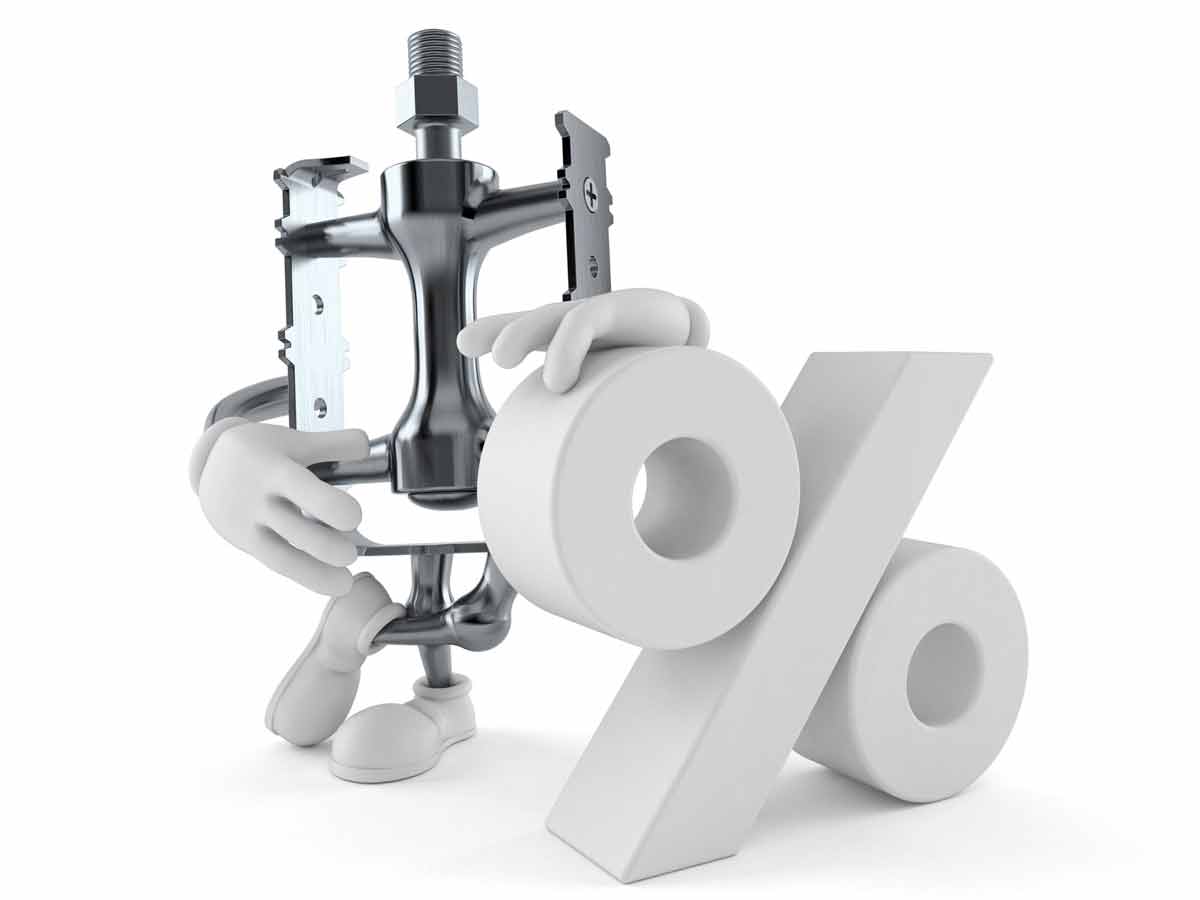
The increase in the price of sporting goods
Where demand remains the same, but supply declines, prices rise. This can already be seen in various raw material prices, which have increased in price up to 20% and thus also make the production of components and sporting goods more expensive. One can expect prices to increase up to 20%, provided that the manufacturer fully passes on its costs to consumers. However, not all of them do that. For fear of losing customers, individual manufacturers are raising prices only moderately, thereby reducing their own margins. It therefore remains to be seen how consumer prices will develop in 2022 and 2023. A moderate price increase can certainly be assumed, but there is no need to paint the devil on the wall.
Niche players can cheer
As always, there are not only losers but also winners in the crisis. Small brands in particular have the great advantage of being detached from the global production chain and producing locally and regionally. As an example, the manager in charge of Opera Skis in Italy told me that thanks to hard work - which means producing skis 7 days a week without interruption for the last 5 months - they have been able to shoot full bore and sell very well, both in Europe and overseas. As a small manufacturer, they have been able to meet the demand for their products. Small manufacturers often suffer enough because they don't have the distribution network and name recognition of big brands. Now, for once, they have an advantage because they can produce and deliver where big brands are behind.

Outlook
The Corona crisis has changed the sporting goods industry and will continue to change it. Many people wish for the pre-Corona pandemic state to return, understandably, but it will never exist in the same form again. The Corona virus will not go away, but will continue to evolve and be a part of global life in the future. That's why you have to learn to think in a new way in production and international sales and develop new models. You can no longer work as you did before the crisis, you have to adapt. What will production look like in the future? Will it be oriented in Europe, which would be a great advantage for Europe? It now takes courage and creativity to reshape the future of the sports and leisure industry and its production and retail chains. This crisis is an opportunity to make up for what has been missed and to renew bad structures, eliminate dependencies and further optimize processes. Provided this is addressed and reimplemented, the industry will emerge as a winner from the Corona crisis.



